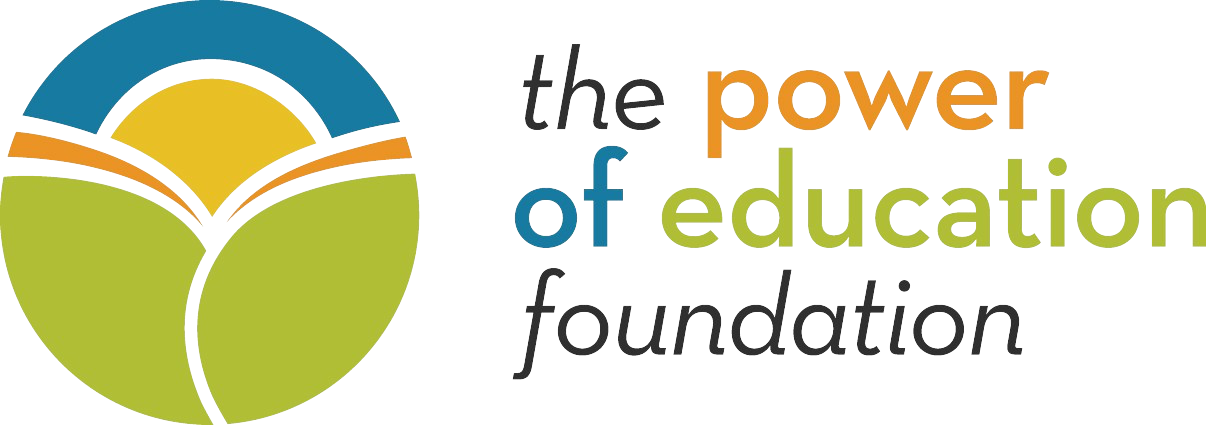Food for Thought Program
The Power of a Meal
Childhood hunger is a serious problem that can have devastating, long lasting effects on a child's ability to learn. This service learning program allows students to better understand the causes and effects of childhood hunger, brainstorm possible solutions and carry out service projects to support the meal program at our school in Haiti. As students reflect on what they’ve learned and accomplished, they will realize they have the power to make a difference.
Get Inspired...
The meals our students receive at school do so much more than just relieve their hunger pangs. Access to good nutrition is essential to our student's education...
Learn More...
Food Facts at PEF:
Classroom Lessons: There are numerous lessons available online, but here are some of our favorites:
Books to Read:
Online Educational Games/Resources:
- Good nutrition is essential to students' ability to grow, develop and learn
- Breakfast and lunch is served to 187 students and 15 teachers/staff each day. Almost 40,000 hot lunches will be served this school year alone!
- For many students, the meals they get at school is the only food they have all day
- Vitamins with iron are also distributed daily to reduce anemia rates and improve health
Classroom Lessons: There are numerous lessons available online, but here are some of our favorites:
- A Billion Hungry People (Elementary) - This lesson from Learning to Give helps students understand the importance of nutrition, food insecurity and inequality in food distribution. http://www.learningtogive.org/lessons/unit250/lesson2.html
- Food Insecurity: Hunger and Food Around the Globe (Elementary) - This lesson from Learning to Give helps students understand food insecurity and scarcity of resources. http://learningtogive.org/lessons/unit251/lesson2.html
- The Hunger Tree: A lesson exploring the root causes of hunger(Elementary) - This lesson from The World Food Program helps students think about hunger, why it occurs and what they can do to help. http://documents.wfp.org/stellent/groups/public/documents/communications/wfp243213.pdf
- Hunger and Poverty Guide: Fact sheet and Lessons from Chicago Public Schools. Lots of facts, definitions, myths, classroom connections, and activity ideas about hunger. Great resource. http://www.servicelearning.cps.k12.il.us/pdf/hungerPovety.pdf
- Debate on Poverty Lesson designed by PEF. 9-12 Grade: http://www.teacherspayteachers.com/Product/9-12th-Debate-on-Poverty-in-Haiti-73872
- TeachUnicef: Teach Unicef has free multimedia lesson plans around the topics of poverty for K-12 grades. http://teachunicef.org/explore/topic/millennium-development-goals
Books to Read:
- If the World were a Village by David J. Smith
- This Child, Every Child by David J Smith
- Stone Soup - Jon J. Muth
- Sam and the Lucky Money by Karen Chinn
- Uncle Willie and the Soup Kitchen - Dyanne Disalvo
Online Educational Games/Resources:
- www.freerice.com - Earn real rice for children in need by playing a variety of educational games.
- http://www.citizenkidcentral.com/Learn/FoodSecurity.aspx?activityId=13 -This game simulates some of the real-world mechanisms that cause and sustain poverty in developing countries. In the game, the player gets to manage an African farm and is soon confronted with the difficult choices that poverty and conflict can cause.
- http://www.kidscanmakeadifference.org/hunger-quiz- A short quiz to see how much kids know about the issue of hunger.
Plan a Service Project...
There are endless ways to support our meal program. Use one of the following activities (or come up with your own) to challenge your students, classmates, friends and family to get involved. Every 75¢ collected, feeds one of our students breakfast and lunch for a day.
- Change Matters: Food for Thought Change Drive - Great project for student groups like Junior National Honor Society, Advisory/Student Councils, youth groups, clubs, classrooms, and entire schools. Change Drive Toolkit
- Change Matters: Food for Thought Collection Cans for home
- Give Up to Give Back Campaign - Pick one thing to give up (candy, ice cream, soda, vending machines, etc) for a day, week, month to raise funds for our meal program.
- Special Day (hat day, crazy hair day, electronics day) where students pay $1 to participate
- Host a pancake breakfast or spaghetti dinner
- Design a t-shirt that raises awareness about hunger issues and sell them for a profit
- Start a community garden. Sell the produce and donate proceeds
- Food for Thought Wall of Fame - This can be done in conjunction with any other fundraising activity. For every $0.75 collected, students or classrooms can write their name on a small paper cutout (ideally designed by a student) and place on a designated wall in the school. (Think of when you make a donation to support a charity at a store checkout.) Continue to add to the wall throughout the week, month or year to show students how small acts can really add up over time.
Wrap it Up: Reflecting on the experience...
Throughout the service project and after its completion, students should reflect on what they've learned. Here are some guiding questions for reflection:
- What went well and what would I do differently next time?
- In what ways did our team work well together? Where could we have improved?
- Did we reach our goals? What impact did our project have on others?
- How did you grow as an individual during this service project?
- What views, opinions or values, if any, have you changed or modified through this process?
The Power of Education Foundation |
© COPYRIGHT 2021. ALL RIGHTS RESERVED.
|

